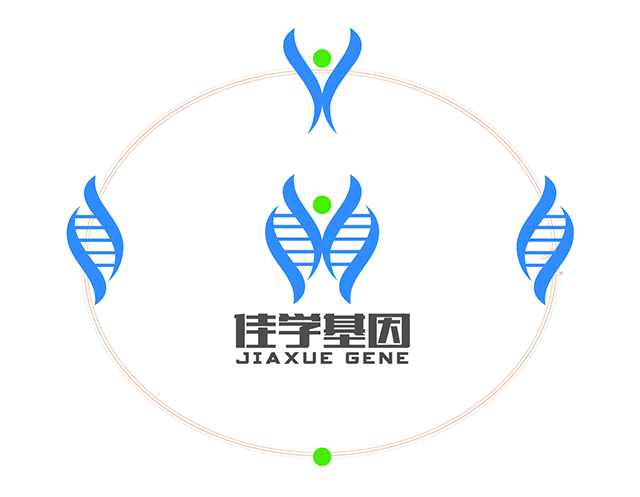【佳学基因检测】非整倍体会导致癌症吗?
全国十大肿瘤基因检测公司排名解释
在基因检测小组讨论中,得知博士医师年度双基练习《肿瘤靶向药物的敏感性及有效性》《Curr Opin Cell Biol》在 2006 Dec;18(6):658-67发表了一篇题目为《非整倍体会导致癌症吗?》肿瘤靶向药物治疗基因检测临床研究文章。该研究由Beth A A Weaver, Don W Cleveland等完成。促进了肿瘤的精准治疗与个性化用药的发展,进一步强调了基因信息检测与分析的重要性。
肿瘤靶向药物及精准治疗临床研究内容关键词:
0
肿瘤靶向治疗基因检测临床应用结果
100 多年来,非整倍性已被认为是癌细胞的共同特征。非整倍体经常由有丝分裂检查点的错误引起,这是防止染色体错误分离的主要细胞周期控制机制。有丝分裂检查点通常在人类肿瘤中受到损害,尽管不是由于编码检查点蛋白的基因中的种系突变所致。不太明显的是,整个染色体的非整倍性迅速是由编码几种肿瘤抑制因子和 DNA 错配修复蛋白的基因突变引起的,这表明以前被认为独立起作用的肿瘤发生机制之间存在合作。累积地,目前的证据表明非整倍性促进肿瘤发生,至少在低频率,但尚未报告明确的测试。
肿瘤发生与复发转移国际数据库描述:
Aneuploidy has been recognized as a common characteristic of cancer cells for >100 years. Aneuploidy frequently results from errors of the mitotic checkpoint, the major cell cycle control mechanism that acts to prevent chromosome missegregation. The mitotic checkpoint is often compromised in human tumors, although not as a result of germline mutations in genes encoding checkpoint proteins. Less obviously, aneuploidy of whole chromosomes rapidly results from mutations in genes encoding several tumor suppressors and DNA mismatch repair proteins, suggesting cooperation between mechanisms of tumorigenesis that were previously thought to act independently. Cumulatively, the current evidence suggests that aneuploidy promotes tumorigenesis, at least at low frequency, but a definitive test has not yet been reported.

(责任编辑:admin)



